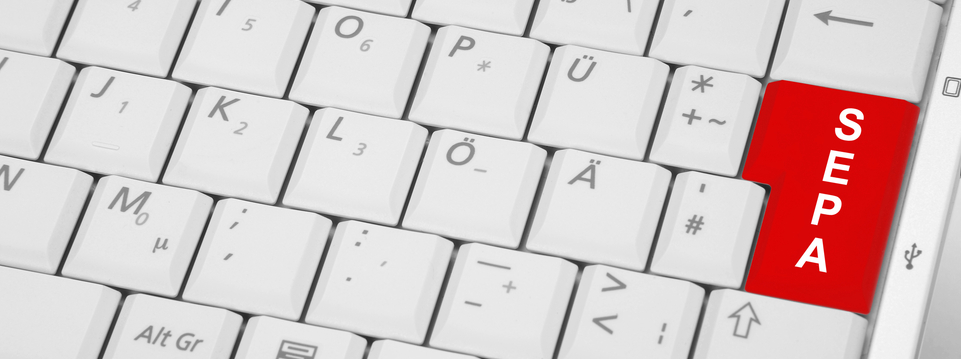Direct debits are a fast and efficient way to collect your fixed and variable payments from your customers electronically. Since the introduction of SEPA, direct debits can be used to for both once-off and recurring euro collections from bank accounts in Ireland and across the SEPA zone.
Direct debits can be used to collect funds from the debtor (payer) by the creditor (payee), provided the debtor has given a mandate to do so. The payer gives instructions authorising your business to collect payments, and debits can be drawn only in accordance with the terms of this mandate.
By collecting direct debits you can manage your business’ cashflows more effectively and administer greater control over receipts by determining the exact date of collection. Utilisation of direct debits enables automatic notification of unpaids, and means you don’t have to wait for your customer to pay you or for a cheque to clear.
Click SEPA Direct Debit to see how the Timeline works.
- Additional Features of the Direct Debit Scheme
Please find details of AIB's standard Business Fees and Charges here
Talk To Us
For further information please contact our Cash Management team at cash.management@aib.ie .
